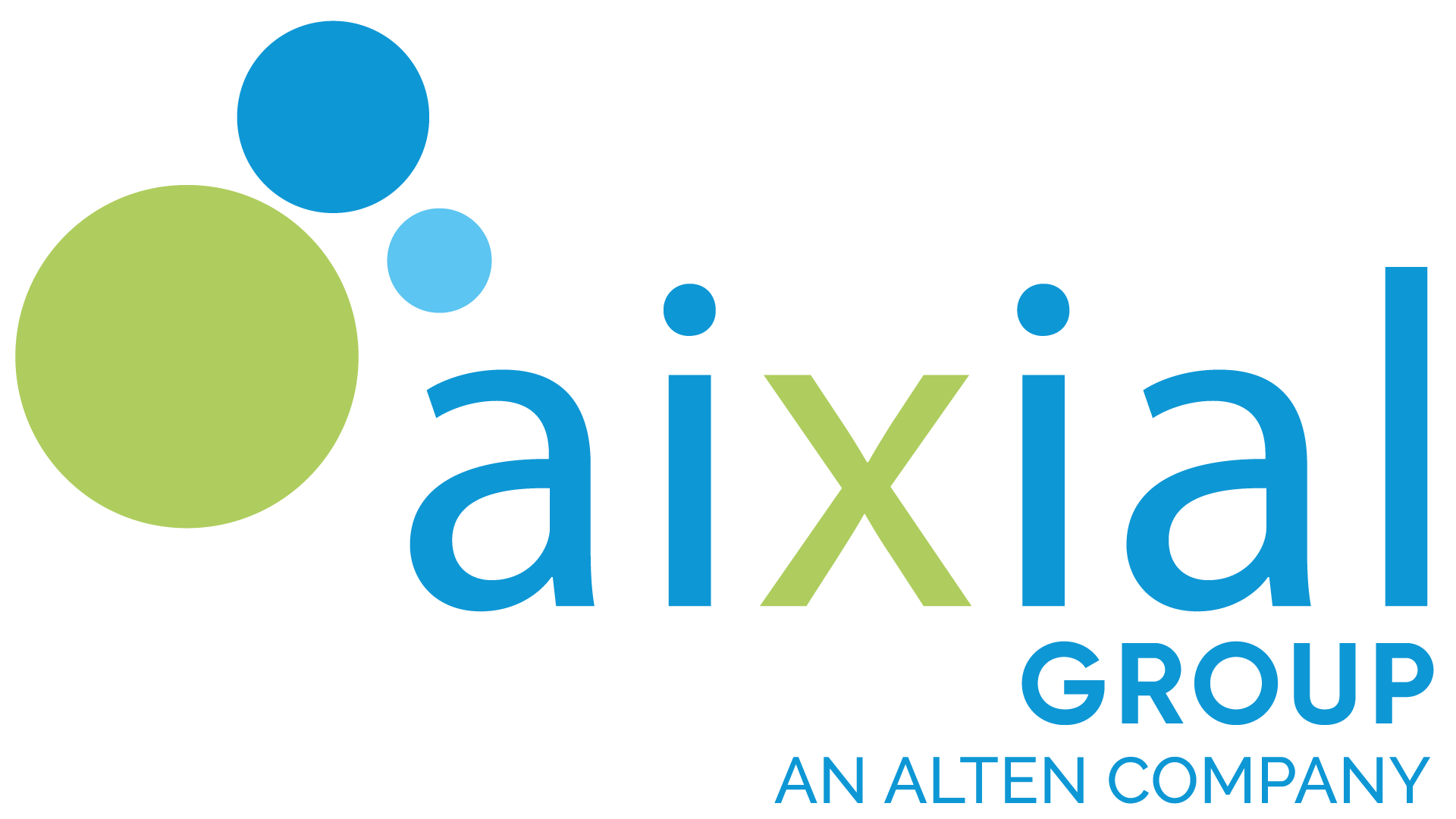Aixial’s Expert Insights: Navigating CNS & Neuro-Oncology
CNS & Neuro-Oncology — “At Aixial, we conducted up to 150 neurological studies, up to 300 oncology trials in various geographical areas such as Europe, North America, Asia Pacific, thus giving us the opportunity to oversee what works and what doesn’t work in this field.”
Aida Avram
Associate Director of Medical Services
Can you describe your role at Aixial and how it supports our work in CNS and neuro-oncology research?
As an associate director of medical services at Aixial with a background in neurology, I support clinical research within the CNS and neuro-oncology fields, both through pharmacovigilance and medical monitoring activities. Due to my medical background in neurology, I am able to oversee and review the study data in order to interpret it in such a way that I can provide medical input into these therapeutic fields. In addition, I am also involved in business development activities by participating in bid defence meetings and proposals and therefore having the chance to align our medical services with our clients’ needs.
What sets Aixial apart from other CROs when it comes to supporting CNS and neuro-oncology studies?
I think what really sets us apart is a mixture of deep experience, flexible solutions and a global team. At Aixial, we conducted up to 150 neurological studies, up to 300 oncology trials in various geographical areas such as Europe, North America, and Asia Pacific, thus giving us the opportunity to oversee what works and what doesn’t work in this field. We are supported by a global team of professionals in CNS and oncology, many of them having over a decade of experience in these fields.
We are also flexible, and we provide our clients with the services that are tailored to their needs, whether full service, functional service or somewhere in between. Because of this, we are not only conducting studies, but we also support our clients in order to think strategically, solve problems early and also keep the trials on track.
What do you see as the most significant current challenges in CNS & neuro-oncology research, and how Aixial can help sponsors overcome these hurdles?
There are quite a few. I think the biggest challenge is patient recruitment and retention. These are often very sick patients with mobility and cognitive issues. The eligibility criteria of such trials are quite strict. There are often long treatment periods as well. In addition, the growing focus on specialised endpoints like neurocognitive assessments and imaging only adds to this complexity. At Aixial, we support by providing structure and foresight. For example, we work with experienced sites and investigators that help us have faster enrolment. In addition, we help our clients by reviewing and optimising the protocol in order to streamline the feasibility.
Moreover, we have dedicated team members that support vendor management activities, and this is especially important in such vendors that provide services of imaging or biomarkers, which are crucial in this field. With our risk-based approach and our deep knowledge in this area, we are able to keep the trials on track both scientifically and operationally.
For researchers and companies aiming to advance their CNS and neuro-oncology studies, what key advice would you offer based on Aixial’s experience?
My advice would be to start planning early and choose the right partners. These are not easy studies. They involve deep knowledge of both neurology and oncology. From our experience at Aixial, the most successful sponsors were the ones that involved an experienced CRO within the studies from the beginning, during the protocol design, feasibility, and site strategy.
At Aixial, we have worked on enough of these studies to be able to understand what are the common pitfalls and how to avoid them. We are also flexible because there are no two CNS studies that are identical. We also provide 24/7 medical coverage for emergency medical issues. With this mindset approach and with our knowledge in this area, I think we are a long-term, strong partner.
Looking ahead, what are the most promising areas of research within CNS and neuro-oncology that you believe will impact patient care in the coming years?
There is a lot happening lately that is exciting, for example, the use of immunotherapy and targeted therapies in the treatment of brain tumours has shown real potential. In addition, there is a growing focus on molecular diagnosis and the so-called liquid biopsy that will help have an early diagnosis and better monitoring of such patients.
Now beyond treatment, there is also an advance on using digital tools for neurocognitive assessment and also wearables that will impact the way we collect patient outcomes and will also help us to better understand how therapy impacts the real life of the patient.
At Aixial, we are already working in some of these areas, but we are also investing in our capabilities in order to be able to support such complexities in the future.



